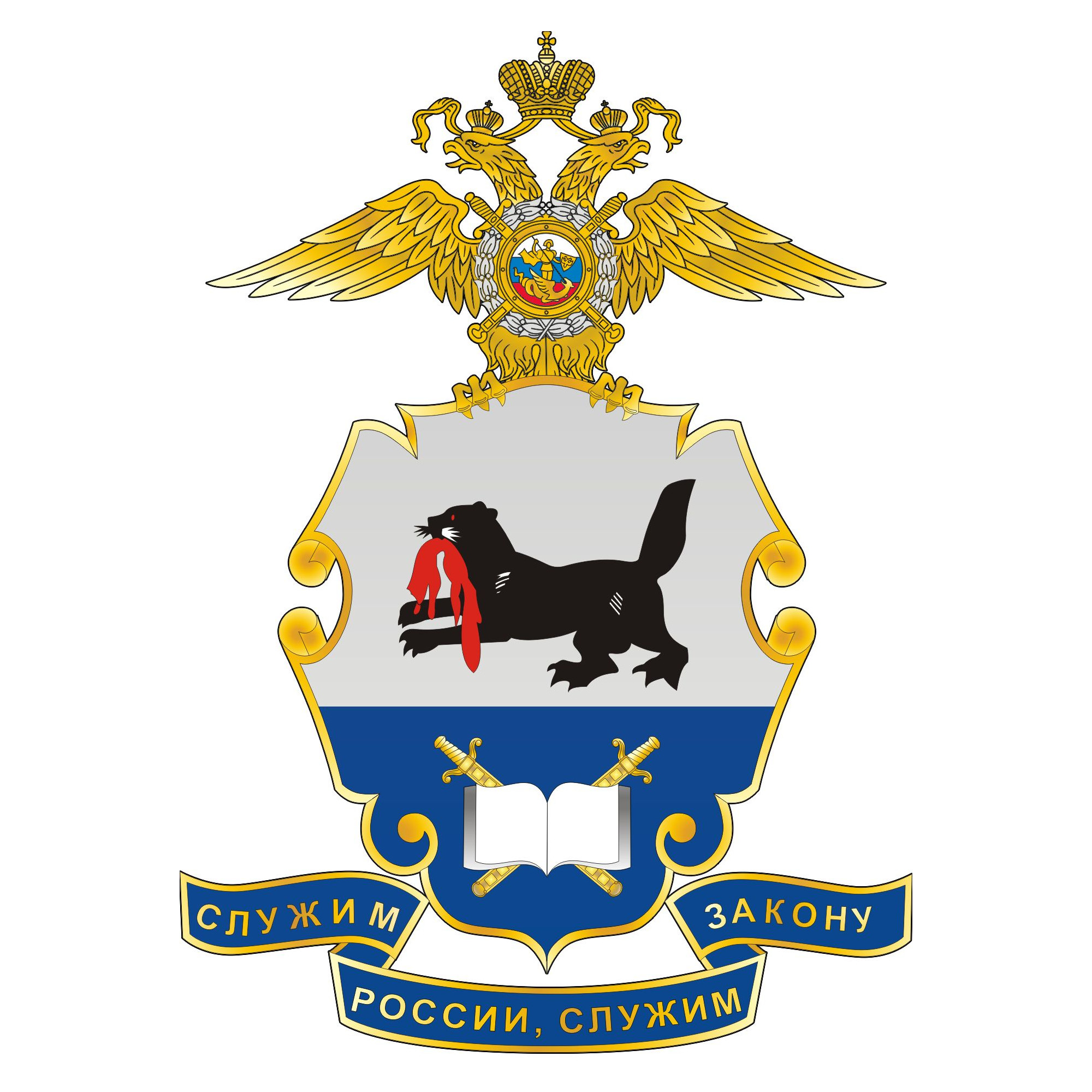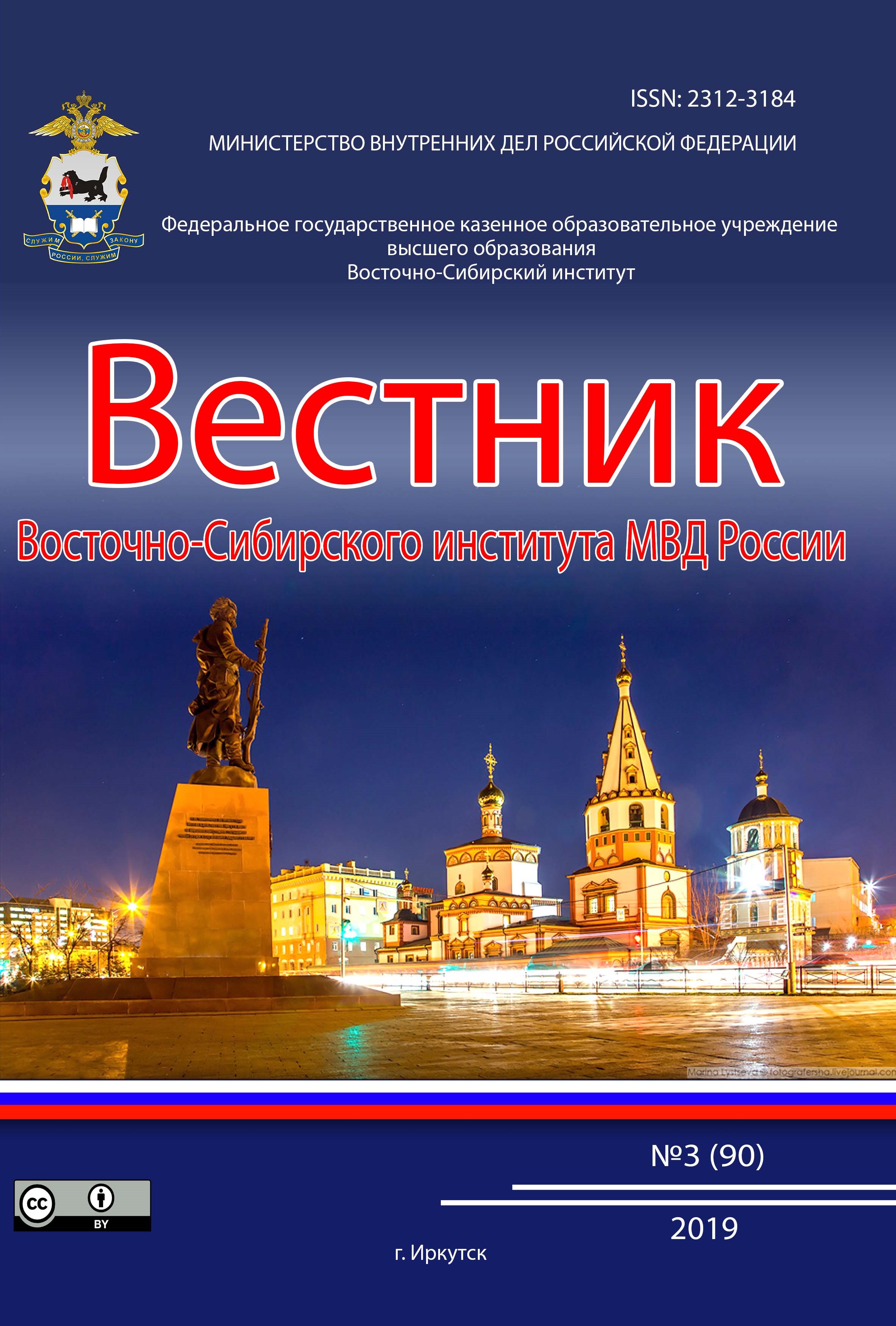from 01.01.2023 until now
Moscow, Moscow, Russian Federation
UDC 347.9
Annotation: Introduction. The article is devoted to the consideration of the parliamentary doctrine, a new kind of state-legal doctrine that has recently entered into modern domestic legal circulation, although the legal phenomena designated by this concept have existed for a long time. The parliamentary doctrine is derived from parliamentarism, the process of origin and improvement of which is determined primarily by the recognition of the leading role of a legislative collegial body working on a permanent basis, the emergence of political views and political parties, the implementation of socio-political activities, while simultaneously building the potential of local governments, the development of the education system. In Russia, the factors contributing to the formation of parliamentary doctrine were the work of four convocations of the State Duma of the Russian Empire, the adoption of the Manifestos of 1905 and 1906 and the Basic State Laws of the Russian Empire in 1906 – in the pre-revolutionary period, as well as the activities of the Federal Assembly of the Russian Federation, the adoption of the Constitution of the Russian Federation in 1993, which recognized the formation and functioning of the Russian Parliament along with with political diversity and multiparty system – now. Materials and methods. The author uses legal acts of the Russian Empire, normative legal acts of the USSR and the Russian Federation, legal acts of the State Duma of the Russian Federation, legislative acts of foreign states, final acts of international regional judicial bodies. When referring to public statements by officials of the Federal Assembly of the Russian Federation as a form of manifestation of parliamentary doctrine, the author uses materials posted on the official websites of state bodies, for example, the State Duma of the Russian Federation. The methodological basis of the research was the dialectical, historical, comparative legal, systemic methods of cognition, which allowed to identify the features of the emergence and development of parliamentary doctrine. The results of the study. Parliamentary doctrine develops in those states that have their own parliamentary bodies formed as a result of political progress and the existence of a political struggle for power. The main purpose of the parliamentary doctrine is seen in the implementation of the law-making function, when the subjects of the right of legislative initiative from the Russian Parliament participate in the procedure of drafting, submitting to the State Duma of the Russian Federation and considering a draft law or amendments thereto. Conclusions and conclusions. The parliamentary doctrine is derived from parliament, can be considered as a form (source) of law when it comes to the legislative activity of the State Duma, which led to the emergence of a new federal law, or can be formulated on a single issue in the form of statements and appeals, as well as public speeches by officials of the State Duma and the Federation Council of the Russian Federation.
Keywords. Parliament, parliamentary doctrine, representative bodies, draft law, statements, communications, regulations.
1. Avakian S.A. The Constitution of Russia: nature, evolution, modernity: 2nd ed. - M.: RYUID, "Sashko", 2000. 528 p.
2. Alisova L. N., Zakharova E.A. Parliamentarism in Russia is the most important factor in the socio-political life of society // Bulletin of the Voronezh Institute of Economics and Social Management. 2020. N 2. P. 8-12.
3. Ameller M. Parliaments. Comparative study of the structure and activities of representative institutions of 55 countries of the world. M.: Progress. 1967. 512 p.
4. Baranova E. A. Parliamentarism in pre-revolutionary Russia / E. A. Baranova // Legal sciences. 2006. N 2. P. 11-14.
5. Bulgakov A.E. Political leaders in social networks: transparency of responsibility // Constitutional and municipal law. 2023. N 5. P. 32-40.
6. Grankin I.V. Features of the formation of parliamentarism in the subjects of the Russian Federation // State power and local self-government. 2010. N 12. P. 16-18.
7. Gaddafi M. The Green Book. M. 2018. 200 p.
8. Mao Zedong. Little red book. M., 2007. 448 p.
9. Scientific and practical commentary on the Constitution of the Russian Federation / Edited by V.V. Lazarev. M.: Spark. 2002. 670 p.
10. Nebratenko O.O. Modern political science on the trajectories of development of the state, business and civil society. Collection of articles of the IV International Scientific and Practical Conference. Minsk, Belarusian State University of Economics. 2023. pp. 126-130.
11. Hovsepyan J.I. The formation of parliamentarism in Russia: A textbook. Rostov-on-Don: SKAGGS Publishing House. 2000. 120 p.
12. Saibulaeva S.A. The Parliament of the Russian Federation: the evolution of organization and functioning //Constitutional and municipal law. 2020. N 12. pp. 65-68.











